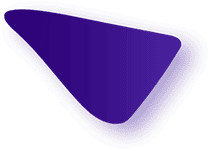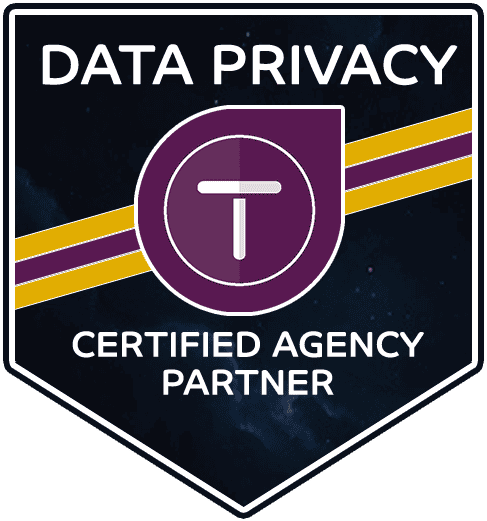
You want your website to be a reflection of your company, and what better way than with great features! It can be difficult to know where to start when it comes to adding the perfect features, so we’ve put together this list of must-have features for your small business website. From blogging and social media integration to video and event pages, these eight features will help you bring your website up to date and in line with best practices.
The Basics
The basics are always important for any site, and that’s just as true in this case. You want to be sure to include contact information, an about page, and your hours of operation. This is the bare minimum you need to have on your site so customers know who you are and how they can find you. you must have a site that can be used on mobile devices. The user experience is everything these days. Business owners tend to miss out on too many leads, by not investing in potential customers their site could bring in.
Blogging and Social Media Integration
Blogging is a popular content strategy for small business websites. And, now that blogging has gone social it’s become even more important. A blog is a perfect place to share your expertise online, build followers, and drive traffic to your site. With the help of the blog module, you can easily post content to your website and have it automatically shared across social media channels like Facebook and Twitter. This way you’ll be able to take advantage of both blogging and social media integration at the same time. Think of social media as your group that loves your product, This is how big business uses their social media strategy to win customers and gain social proof.
Design and Layout
Great design is key for your website. The design of your site will reflect the tone of your business, and it should be professional and eye-catching. You want to make sure that you are able to maximize the space on your website by using white space effectively, placing text in a sensible manner, and making sure images are placed appropriately. Original content and customer testimonials on your site help develop trust for your brand.
Video and Event Pages
Events are an excellent way to get your name out there, and video is one of the most popular forms of content on the internet. A website with both video and event pages will offer your visitors a new form of content. Both pages can be personalized to fit your brand’s style, while also providing useful information for your audience.
Video pages are some of the most popular pages on social media networks like Facebook and YouTube. Videos are more likely to be shared than other types of content, so it’s important to create a video page that represents you well. You want to make sure that your videos are easy to find, whether they’re on your homepage or in a separate tab. In order to promote engagement with videos, you should include them in relevant blog posts and use end cards in newsletters or email marketing campaigns.
Event pages will allow you to showcase what you have going on in real-time, but they also provide valuable information for people who may want to attend events in the future. From ticketing information to sponsorships and speaker bios, all the essential details for an event should be included on a separate event page from when it takes place. By having these two pages available on your website, you can provide value for people who visit often as well as those just looking around.
CMS Integration, Blogging, and Search Engine Optimization
CMS integration is an easy way to get your content into your website. You can use a CMS system that’s specifically geared towards blogging or find one that offers both CMS and blogging options. A blog is great for sharing information about products, services, company news, special offers, and more with your customers. The blog encourages visitors to engage with the site often which is free advertising for you! Social media integration also helps you connect with your audience by providing links to social media profiles on each page of the website. This makes it simple for people to follow you on social media without doing any additional work.
Search engine optimization (SEO) is also important for all websites. This should be included in the design of the site from day one. It’s important that pages are optimized for search engines so they rank higher in Google results pages. We recommend hiring an SEO expert to optimize your site when it’s being designed so you can ensure SEO is included correctly from the start.
Video and event pages are another great feature that will help both your business and customers grow their reach online-event pages allow you to broadcast events live while video allows you to share videos easily across social media platforms such as Facebook and YouTube.
Security and Privacy
Security and Privacy are some of the most important features of your website. You need to make sure that your website is protected by a hosting company that has security measures in place, like two-factor authentication and malware detection scans. It’s also important to monitor your website with an external monitoring service like Google Alerts or Pingdom. There is obviously a wide range of business types out there. Security on your site helps with customer trust, and Google search engine rankings as well.
Conclusion
No matter how big or small your business is, you need to have a website. But not just any website—a high-quality one. Keep these features in mind when you’re designing or redesigning your site, and you’ll be well on your way to success. From design tips to third-party analytics, we can be your go-to source for all your digital marketing. Quality content, Customer service, and Google analytics are really all a small business needs to get ahead of the competition. Contact Us Today

Fred Skaff
Lead SEO
Fred has 10 years In the SEO world that started in web design. He has a passion for helping small business.
CALL TODAY


Dave Clouse
Six Gun Group is simply awesome to work with. Let them guide you through the world of the web using your ideas to promote your company. Professional and prompt.

TESTIMONIAL
What People Say About Us
What an awesome business! I cant thank Fred enough. Ive worked hard to get my Private Investigative business started and this guy is patient and really cares about getting my business out there. I look forwatd to his continued help and allowing me to help even more clients. Affordable and works really hard to get the business out there. Thanks Fred! Six Gun Group !
Our Blog

Partner




